By understanding the basics of Arizona’s cottage food program, you can get started on the path to success.
Key Takeaways
- Understand Arizona’s cottage food laws and regulations
- Learn how to register your food business with the state
- Discover the types of homemade food allowed under cottage food laws
- Find out how to label and sell your baked goods
- Explore the benefits of starting a cottage food business in Arizona
Understanding Home Bakery Arizona Cottage Food Laws
Understanding Arizona’s cottage food laws is essential for launching a successful home bakery. These laws provide a framework for home bakers to operate legally and safely.
What Qualifies as a Cottage Food Business
A cottage food business in Arizona is defined as a business that operates from a person’s primary residence, where the food is prepared, packaged, and sold directly to consumers. This type of business is subject to specific regulations and guidelines.
Foods Allowed Under Arizona Cottage Food Program
Under Arizona’s cottage food program, allowed foods include baked goods, jams, honey, and other non-hazardous foods that are prepared in a home kitchen. These foods must be labeled correctly and sold directly to consumers.
Foods Not Permitted Under Cottage Laws
Foods that are not permitted under Arizona’s cottage food laws include potentially hazardous foods, such as dairy products, meats, and foods that require refrigeration. These foods are subject to stricter regulations and require a different type of permit.
Benefits and Limitations of Arizona’s Cottage Food Program
The Arizona cottage food program offers benefits such as reduced regulatory requirements and lower costs for home bakers. However, there are limitations, including restrictions on the types of foods that can be sold and the requirement to sell directly to consumers.
By understanding these regulations, home bakers can ensure compliance and maintain a safe and healthy environment for their customers.
Registration and Legal Requirements for Your Home Bakery
Before selling baked goods, Arizona home bakers must meet the state’s registration and legal requirements. This involves several key steps to ensure compliance with Arizona’s cottage food laws.
Obtaining Your Food Handler’s Card
Arizona requires home bakers to obtain a food handler’s card by completing a food handler training course. This course covers essential food safety practices, ensuring that you handle and prepare food safely.
Registering with the Arizona Department of Health Services
To operate a cottage food business, you must register with the Arizona Department of Health Services. This registration is a critical step in complying with state regulations.
Business Permits and Tax Considerations
In addition to registration, you may need to obtain business permits and comply with tax requirements. This includes:
Home Occupation Permits
- Some cities require a home occupation permit to operate a business from home.
Sales Tax Requirements
- You must also understand sales tax requirements. While cottage food sales are generally exempt from sales tax, you may still need to report your income.
| Requirement | Description |
|---|---|
| Food Handler’s Card | Complete a food handler training course to obtain your card. |
| Registration with ADHS | Register your cottage food business with the Arizona Department of Health Services. |
| Business Permits | Obtain necessary permits, such as a home occupation permit, as required by your city. |
| Sales Tax | Understand your sales tax obligations, even if your cottage food sales are exempt. |

Selling and Marketing Your Home Baked Goods
Selling your home-baked goods in Arizona requires not only delicious products but also compliance with the state’s Cottage Food Laws and effective marketing strategies. To get started, it’s essential to understand the labeling requirements for your cottage food products.
Required Labeling Information for Cottage Food Products
When labeling your baked goods, you must include specific information to comply with Arizona’s regulations. This includes:
- The name of your product
- A list of ingredients used
- Your business name and address
- A statement indicating that the product was made in a cottage food operation that is not inspected by the state or local health department
Allergen Warnings and Handling Requirements
It’s crucial to include allergen warnings on your labels if your products contain common food allergens such as nuts, dairy, or soy. Proper handling instructions should also be provided to ensure customer safety.
Required Disclaimer Statements
Arizona law requires cottage food operators to include a disclaimer statement on their product labels, indicating that the product was made in a home kitchen. An example of such a statement is: “This product was made in a cottage food operation that is not subject to Arizona’s food safety regulations.“
Approved Selling Locations and Methods
You can sell your baked goods at various approved locations, including farmers’ markets, roadside stands, and online platforms. Ensure you comply with local regulations and obtain any necessary permits.

Marketing Strategies for Your Home Bakery
Effective marketing is key to growing your customer base. Consider using social media platforms to showcase your products and engage with potential customers. You can also leverage word-of-mouth marketing by encouraging satisfied customers to share their experiences.
By following these guidelines and implementing effective marketing strategies, you can successfully sell and grow your home bakery business in Arizona.
Conclusion: Growing Your Arizona Home Bakery Business
Starting a home bakery in Arizona under cottage food laws can be a rewarding venture for food entrepreneurs. By understanding the regulations and following the necessary steps, you can build a successful home-based food business and grow your customer base.
As you continue to operate your Arizona home bakery, focus on strategies that promote growing your business. This includes complying with the cottage food law, registering with the Arizona Department of Health Services, and implementing effective marketing strategies.
With the right approach, you can achieve your business goals and enjoy the freedom of being your own boss. By following the guidelines outlined in the previous sections, you can establish a thriving home bakery that meets the needs of your customers and contributes to the local food community.
FAQ
What is Arizona’s cottage food law?
Arizona’s cottage food law allows individuals to sell certain homemade foods, such as baked goods, jams, and honey, without needing a commercial kitchen or food processing facility.
What types of foods are allowed under Arizona’s cottage food program?
Under Arizona’s cottage food program, you can sell non-potentially hazardous foods like baked goods, candies, and dry mixes. However, foods that require refrigeration or are considered high-risk, such as dairy products or meat, are not allowed.
Do I need a food handler’s card to sell cottage foods in Arizona?
Yes, to sell cottage foods in Arizona, you need to complete a basic food safety training course and obtain a food handler’s card.
How do I register my cottage food business with the Arizona Department of Health Services?
To register your cottage food business, you need to submit an application to the Arizona Department of Health Services, providing required information about your business, including the types of foods you plan to sell and your food handling practices.
What labeling requirements are there for cottage food products in Arizona?
Cottage food products in Arizona must be labeled with the product name, a list of ingredients, and a disclaimer stating that the product was produced in a home kitchen that may come into contact with common food allergens.
Where can I sell my cottage foods in Arizona?
You can sell your cottage foods in Arizona through various channels, including online, at farmers’ markets, and through word-of-mouth. However, you must comply with local regulations and obtain any necessary permits.
Are there any sales tax requirements for cottage food businesses in Arizona?
Yes, cottage food businesses in Arizona are required to report their sales and pay sales tax on their earnings. You may need to obtain a transaction privilege tax (TPT) license from the Arizona Department of Revenue.
Can I sell cottage foods from my home in Arizona?
While you can operate a cottage food business from your home in Arizona, you must comply with local zoning regulations and obtain any necessary home occupation permits.
What are the benefits of Arizona’s cottage food program?
Arizona’s cottage food program provides a low-cost and relatively easy way for individuals to start a small food business from home, allowing them to turn their passion into a profitable venture.
Are cottage food businesses in Arizona subject to public health inspections?
Generally, cottage food businesses in Arizona are not subject to regular public health inspections. However, you must still comply with food safety guidelines and handling practices to ensure the quality and safety of your products.
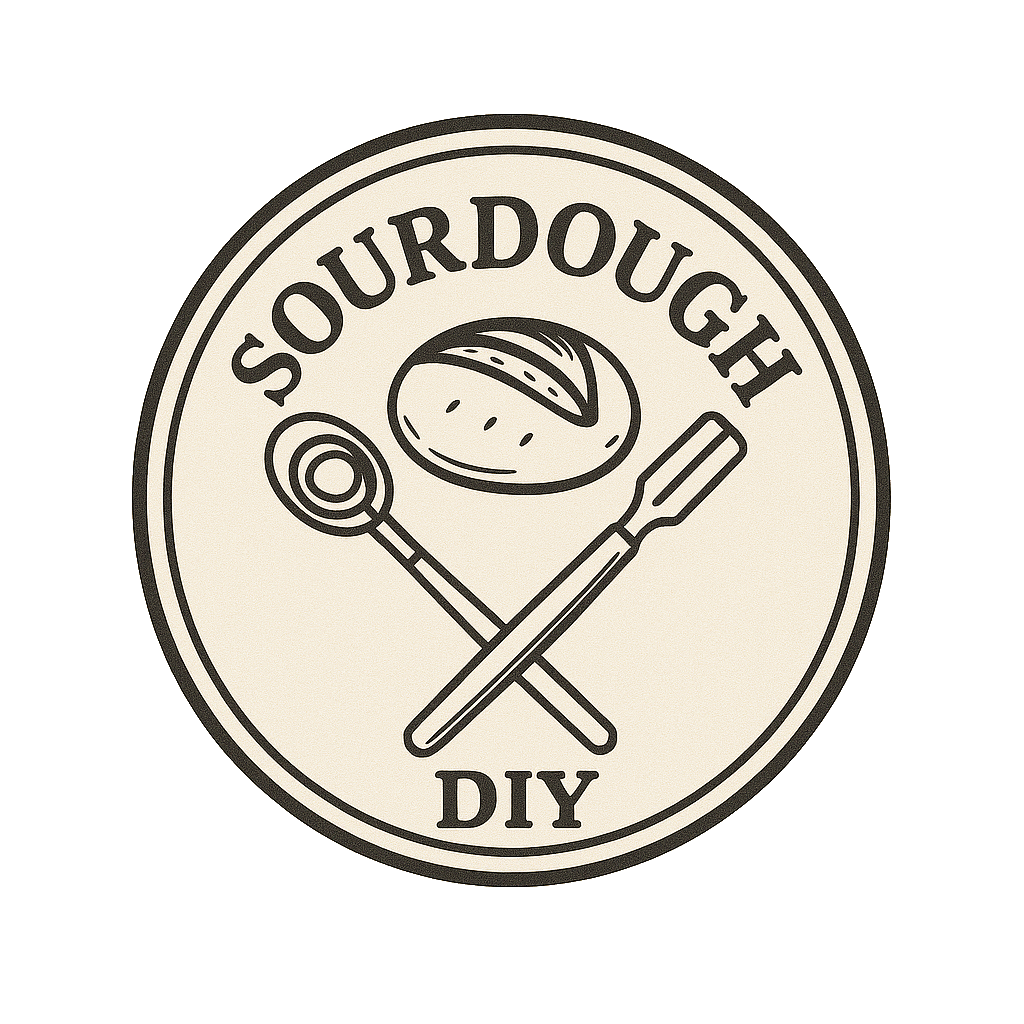
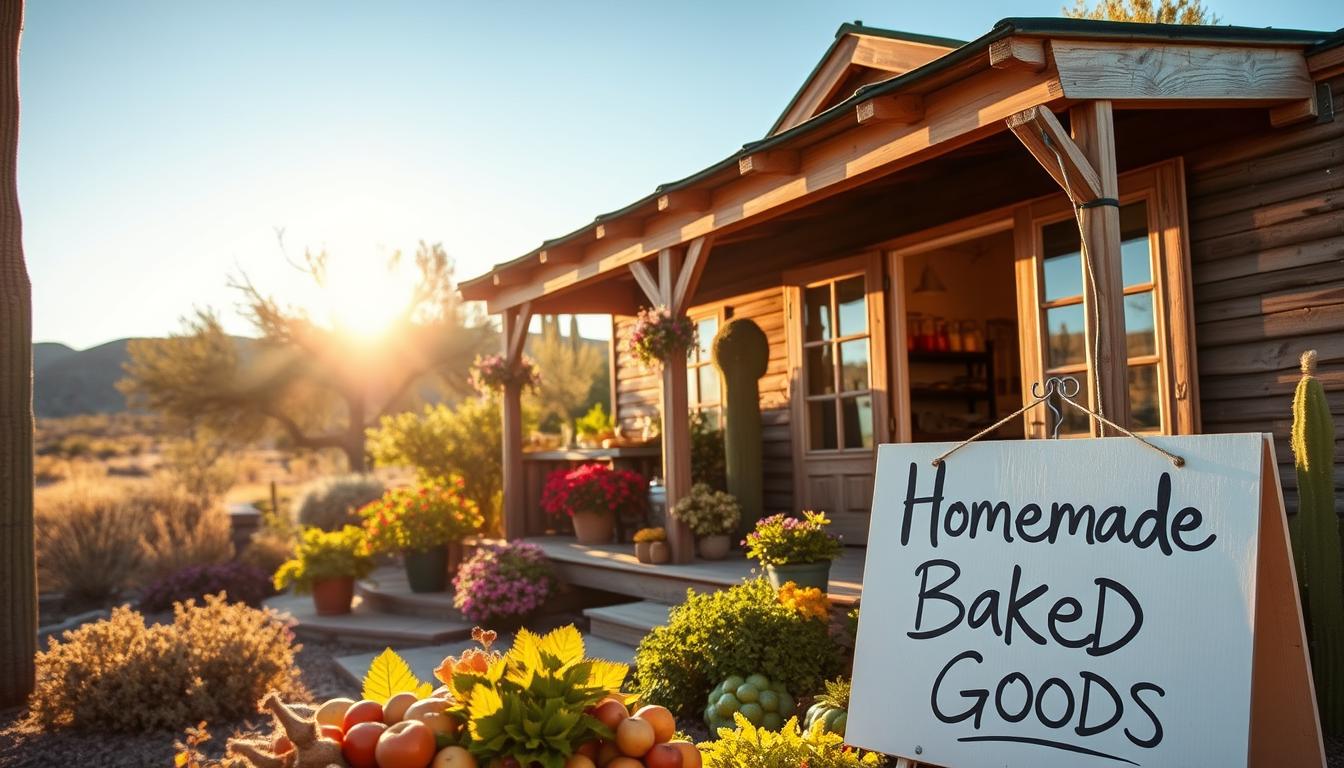
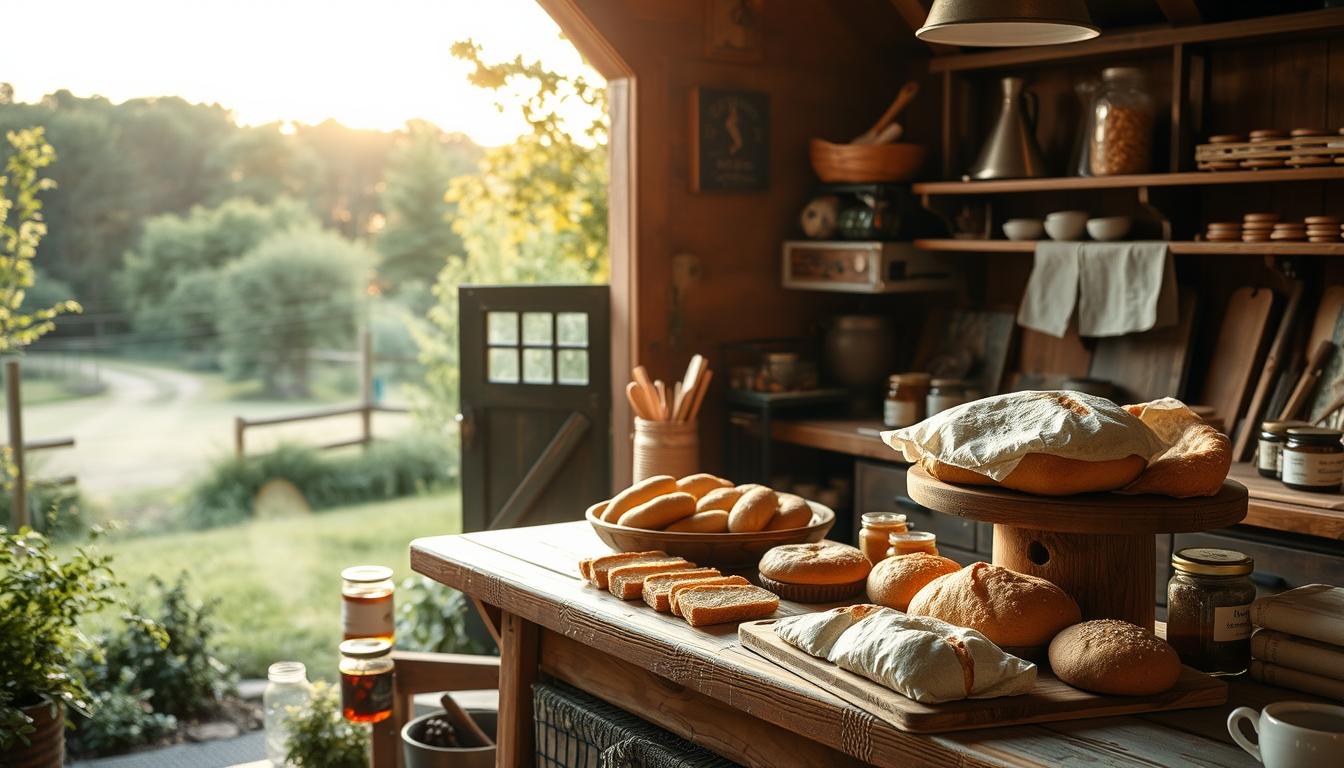
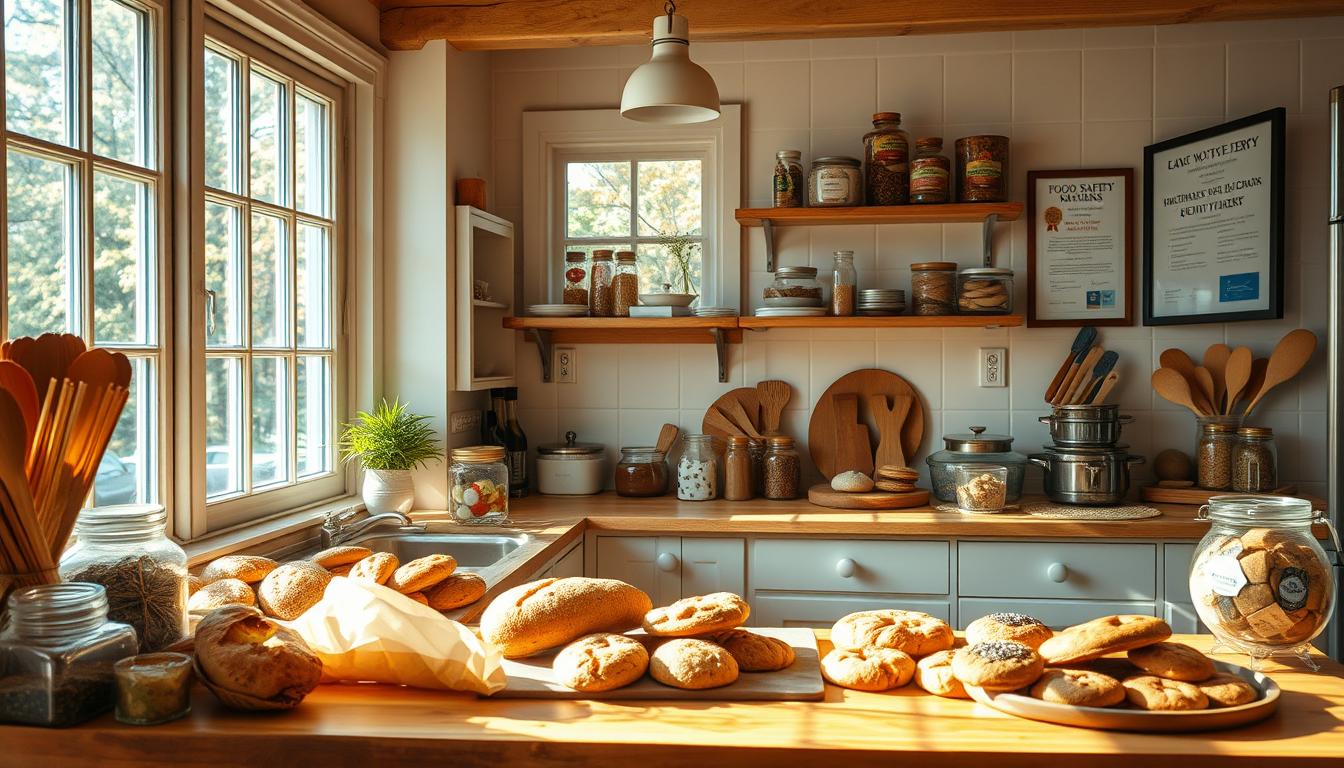
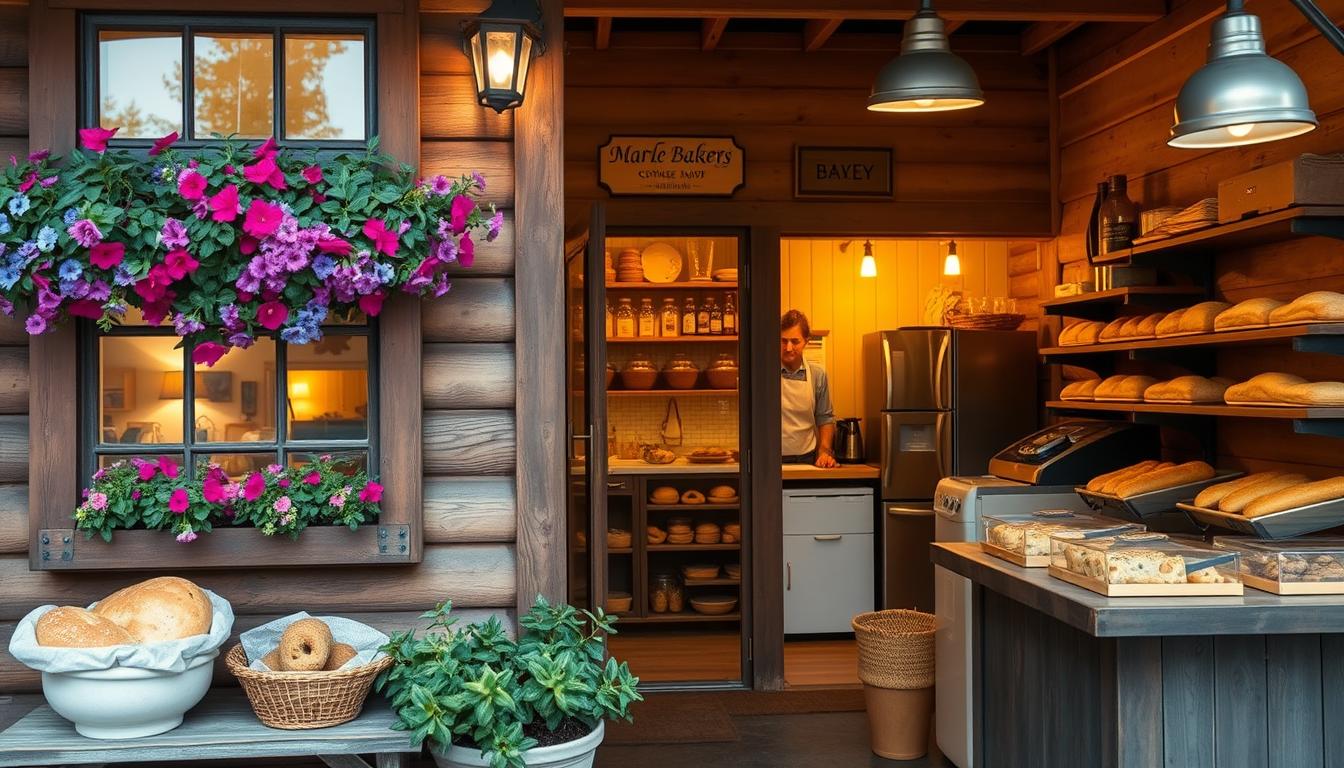
Leave a Reply